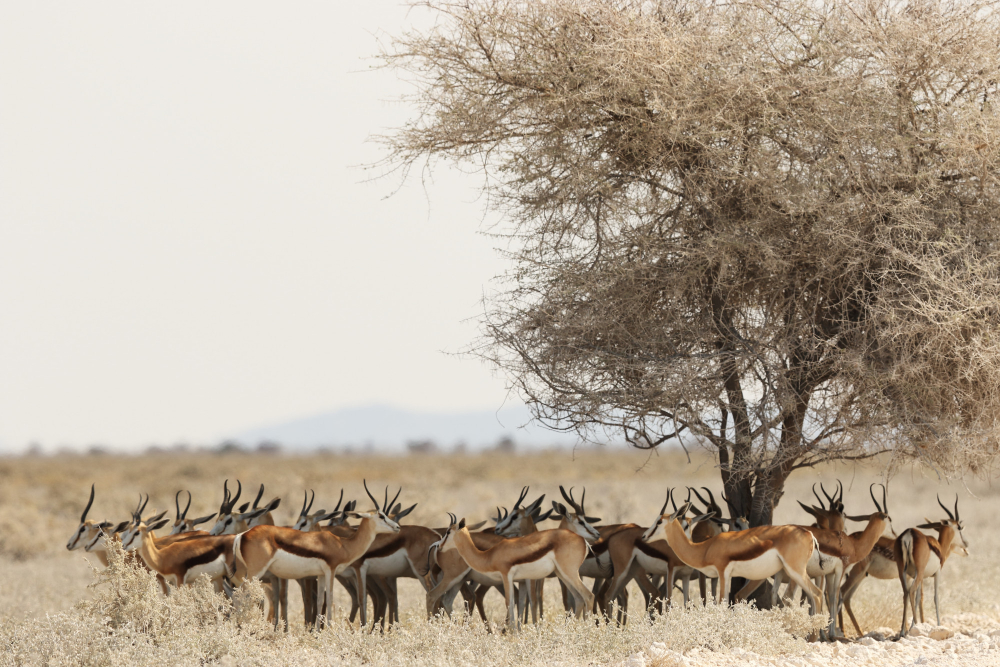Thinking of venturing into the African wilderness for the first time? Whether it’s hearing lions roar under the stars or watching elephants cross a dusty plain, an African wildlife safari promises moments that redefine adventure. But before you grab your camera and khaki shirts, a bit of thoughtful planning can turn your dream safari into an unforgettable reality.
Step 1: Choose Your Destination Wisely
Africa isn’t just one safari—it’s a continent of vastly different experiences. Kenya’s Maasai Mara bursts with the Great Migration, South Africa’s Kruger National Park offers world-class lodges, while Botswana’s Okavango Delta provides serene mokoro (canoe) safaris through crystal waters. For first-timers from the UK, destinations like Tanzania and Namibia balance wildlife density with excellent tourist infrastructure.
- Kenya: Ideal for classic “Big Five” sightings.
- Tanzania: Best for the Serengeti and Mount Kilimanjaro views.
- Botswana: Perfect for luxury, water-based safaris.
- South Africa: Great for family safaris and self-drives.
Step 2: Decide on the Right Season
Timing can make or break your experience. Most regions have a distinct dry and wet season, which affects animal movement and visibility. According to National Geographic, the dry months (June to October) generally offer the best game viewing across Eastern and Southern Africa. However, the green (wet) season brings lush landscapes, fewer tourists, and excellent birdwatching opportunities.
Step 3: Set a Realistic Budget
A safari can range from modest to magnificent. Budget travellers can opt for group tours or rustic camps, while those seeking exclusivity can enjoy private lodges and fly-in safaris. When browsing Africa tour packages, consider what’s included—meals, park fees, transfers, and guided drives—since these can significantly influence total costs.
Roughly, expect to spend:
- £200–£400 per day for mid-range packages.
- £500+ per day for premium luxury experiences.
- £100–£150 per day for budget camping safaris.
Step 4: Pick Your Style of Accommodation
From under-the-stars camping to glass-walled villas overlooking watering holes, your accommodation can shape your entire safari mood. Luxury lodges offer hot showers and gourmet cuisine, while mobile tented camps bring you closer to the earth and the night sounds of the bush. If you’re curious about different stay options, read Tents to Tree Houses: Unique Safari Accommodations across Africa for inspiration.
Step 5: Plan Your Activities Beyond Game Drives
While early morning game drives are a must, African safaris offer far more than jeep rides. You can take guided walking safaris, visit local tribes, or even enjoy hot-air balloon rides over the Serengeti. According to UNWTO, cultural experiences and sustainable travel add lasting value to safari tourism.
Additional Experiences Worth Trying:
- Walking safaris: Get a closer look at animal tracks and plants.
- Photography tours: Learn wildlife photography from professionals.
- Night drives: Spot nocturnal animals like leopards and hyenas.
Step 6: Prepare Smartly—What to Pack and Expect
Pack light, but pack smart. Neutral clothing helps you blend into the landscape, and layers are key as temperatures can swing dramatically between dawn and dusk. Don’t forget insect repellent, sunscreen, and binoculars. Travel insurance covering medical emergencies and cancellations is essential for UK travellers venturing into remote reserves.
Step 7: Respect Nature and Local Cultures
Safaris are about observing—not intruding. Follow your guide’s instructions, maintain silence near animals, and support eco-friendly lodges that contribute to local conservation. Remember, your presence should empower the region, not exploit it.
Step 8: Stay Safe and Informed
Check your vaccinations and entry requirements well in advance. The UK’s Foreign Travel Advice page offers up-to-date safety guidance. Always listen to your guide and never step out of the vehicle unless told it’s safe. Safari safety is all about common sense and respect for wildlife boundaries.
FAQs About Planning an African Safari
1. How long should a first-time safari last?
For first-timers, 7–10 days is ideal. It allows enough time to explore two or three parks without feeling rushed.
2. Do I need a visa for an African safari?
Most African countries require a tourist visa for UK citizens. Check specific embassy websites for the latest entry rules.
3. Is an African safari safe for solo travellers?
Yes, especially with reputable tour operators. Solo-friendly lodges and small-group safaris ensure a secure, social experience.
4. Can I take children on safari?
Absolutely—many lodges offer family programs. South Africa, in particular, has malaria-free reserves suitable for kids.
Final Thoughts
Planning your first African safari is less about ticking boxes and more about embracing wonder. With thoughtful preparation and the right travel partner, the continent’s wild beauty opens up in ways that feel personal, transformative, and deeply human. As the sun sets behind acacia trees, you’ll realise—you didn’t just visit Africa; you connected with it.



